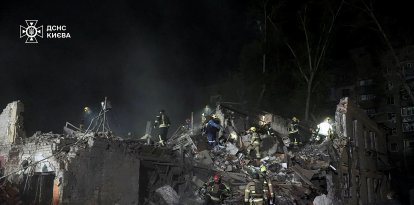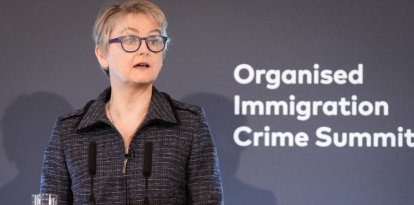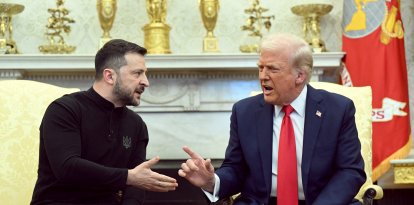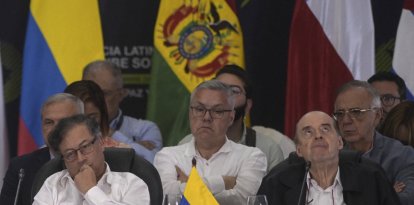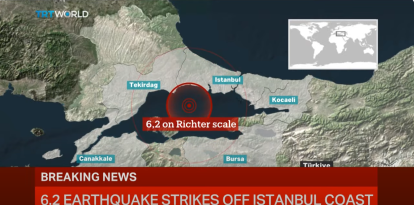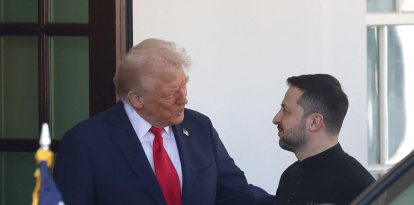China's President Xi Jinping lands in Russia for diplomatic visit
Both countries described this meeting as an opportunity to explore their "no-limits friendship."
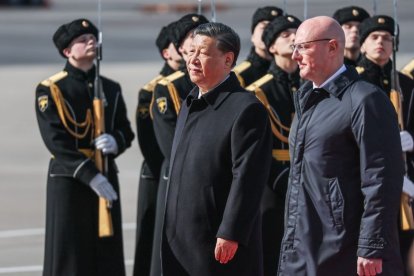
(Cordon Press).
Chinese President Xi Jinping landed Monday morning in Moscow, Russia, for a three-day diplomatic visit. During the visit several meetings with Vladimir Putin are planned where, as described by the leaders of both countries, they will explore their "no-limits friendship."
The visit, announced a few days ago, could be the beginning of a series of political agreements that would benefit both countries but comes shortly after the International Criminal Court issued an arrest warrant for the Russian leader for his offensive against Ukraine.
For this reason, Xi Jinping described the trip as an opportunity for China to find an ally in Russia to provide it with oil and gas as well as support in the face of accusations against the country by the United States and the West:
Russia, on the other hand, needs the Asian country's support and as Putin said in an article published in the newspaper Chinese People's Daily accessed by AP, sees the meeting as a "landmark event" that "reaffirms the special nature of the Russia-China partnership" and leaves both countries "standing on the brink of a new era."
Russia claims that the West provoked the crisis in Ukraine
Putin also used the article to blame the United States and the West for the tense political situation over the past year. According to the Russian leader in the 1,100-word article obtained by the Wall Street Journal, the United States is threatening both countries, and that is something they do not intend to allow:
As he stated in his article, both the United States and the West are solely to blame for the fact that the conflict between Russia and Ukraine is still ongoing. And the reason, he says, is to "retain its international dominance:"
In addition, the Russian leader said he appreciated China's "well-balanced stance" on Ukraine. "We welcome China’s readiness to make a meaningful contribution to the settlement of the crisis," he wrote.
The Kremlin ended the article by assuring that the West was aiming to restrict both Russia and China, and therefore they were "persistently working to split the common Eurasian space into a network of ‘exclusive clubs’ and military blocs that would serve to contain our countries’ development and harm their interests.." Something that, he made clear, "won't work."
RECOMMENDATION
